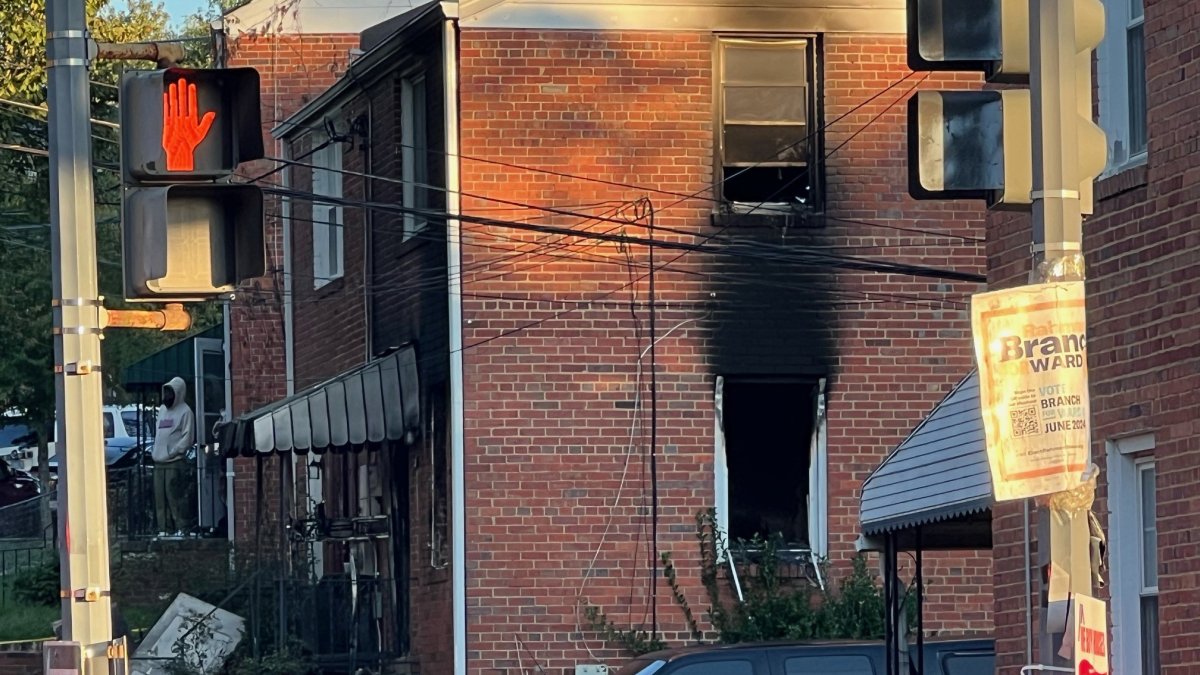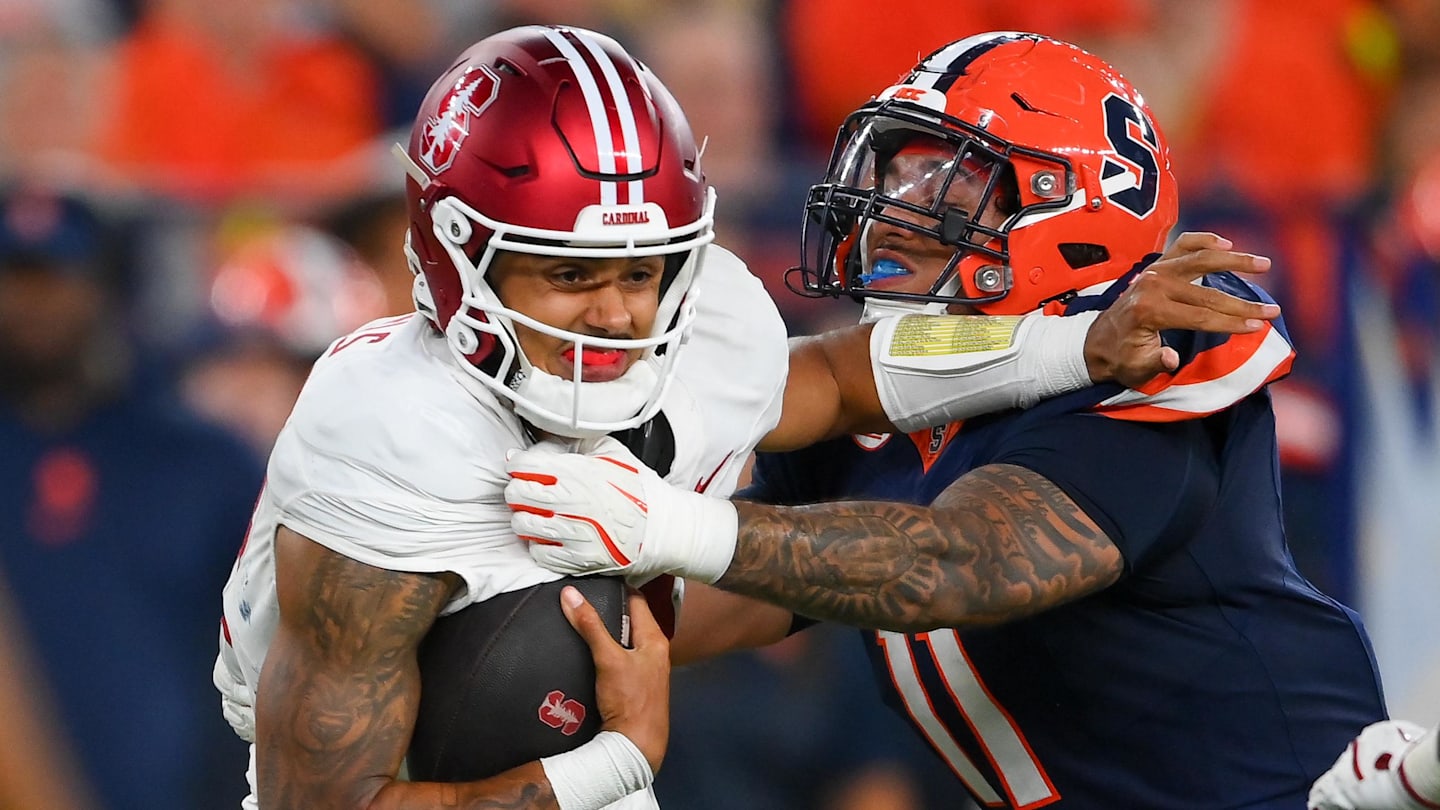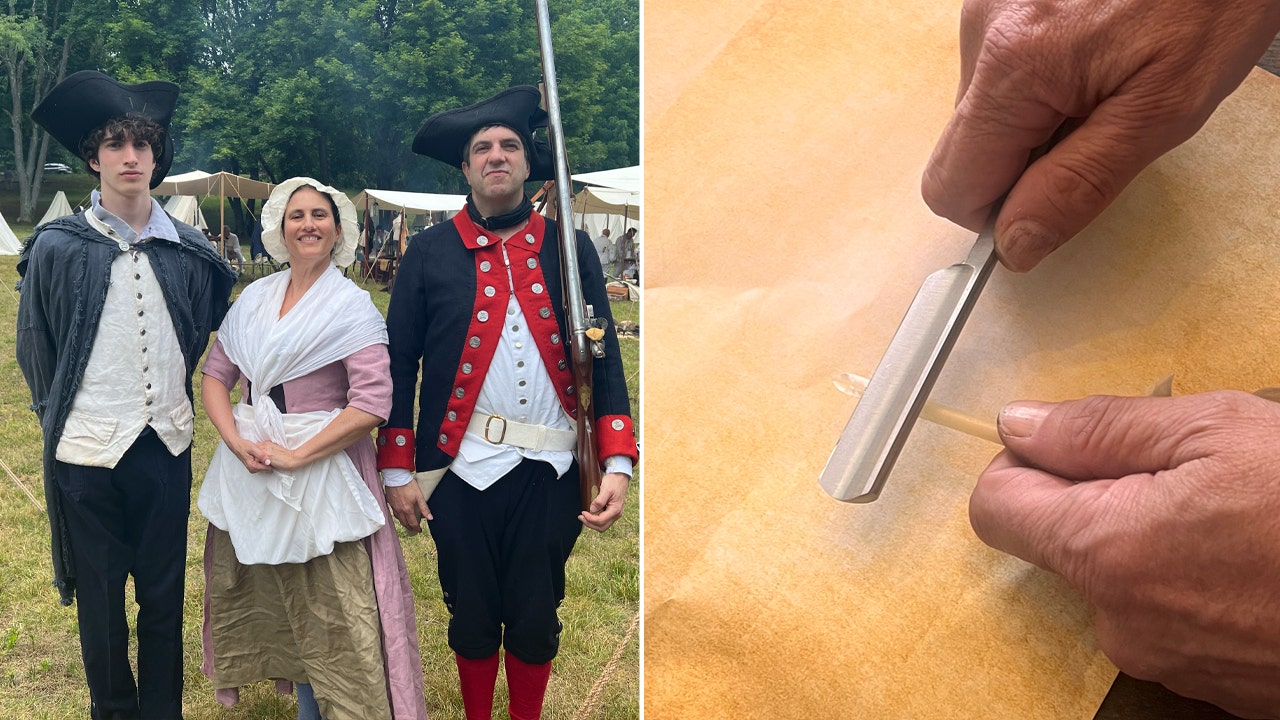When you watch a David Cronenberg film, you pretty much have to expect something done in a unique register. Whether it’s his various body horror works or when he tackles other genres, it’s handled in a manner unlike most other storytellers. So, when it comes to The Shrouds, of course a Cronenberg movie about grief would be different than any other put on celluloid. Playing at the New York Film Festival, it’s a flick that has much to ponder, though how much of it translates to the audience will depend on the viewer.
The Shrouds is a movie with a lot on its mind, even if surprisingly little happens over the course of its two hour runtime. It’s meant to evoke feelings, while also being fairly clinical for a story about grief. As befits Cronenberg, conspiracy and technology also loom large, as does some kink, so there’s genre work at play, even if this isn’t another effort in the horror genre for the filmmaker.

In the near future, Karsh (Vincent Cassel) is a successful businessman who has developed a type of software within a special “shroud” that, paired with his graves, allows the grieving to check in on their passed loved ones, observing the gradual decay while buried. Known as GraveTech, it’s clearly not for everyone, but it means a lot to him, especially as he’s mourning the loss of his wife Becca (Diane Kruger). Karsh tries to date, but he mostly talks about her and the technology, so he’s not exactly a hoot. Most of his time is spent either with his former sister in law Terry (Kruger as well), her ex-husband Maury (Guy Pearce) who handles his computer operations, or his AI assistant Hunny.
When some of the graves are vandalized, Karsh begins to investigate. What starts out as a personal mission quickly becomes something else, as a potential conspiracy unravels. At the same time, he begins a sexual relationship with Terry, one that Maury has been fretting over the possibility of for some time. As the crisis deepens, Karsh starts wondering if he’s losing it, if something nefarious is afoot, or if both are possibilities.

Making star Vincent Cassel up to look like Cronenberg himself is certainly a choice, but there’s still a fine performance here to consider. Cassel has to depict grief in a very distinct manner while still getting everything across to the audience, which he largely succeeds at. As filmmaker surrogates go, it works. Diane Kruger has multiple roles to play, but it’s largely Terry that we see her in action, and it’s a strong performance. She’s really leaning into some of the kink elements that the filmmaker loves, too, which is a fun little bonus. For a therapy style work, Cronenberg still can’t help himself. Guy Pearce is a bit more mannered here than I’d like, but it’s still another interesting performance from someone incapable of not grabbing your attention. The supporting cast includes Jennifer Dale, Sandrine Holt, Elizabeth Saunders, Steve Switzman, Jeff Yung, and more.
Writer/director David Cronenberg is working in a different register here, obviously given the loss of his own wife. The Shrouds starts out largely mellow, only going up in escalation in the back end. Now, the third act does kind of fall apart, but it’s not a death blow for the film. Instead, it just showcases some of the limits of the story Cronenberg is penning. That being said, the moments of humor are well placed, so there’s a break in the dour nature at times. His direction is as solid as ever, even showcasing periodic restraint. It’s perhaps middle of the road for his career, but that still isn’t half bad.
The Shrouds works best as a Cronenberg curiosity, given the newfound subject matter and his personal connection. If you’re a fan of his, especially if you’re invested in him as a person, there’s plenty to chew on. As a full on film, it’s more hit or miss, but there’s enough here to warrant a recommendation. This is unlikely to be a movie that highlights NYFF this year, but it’s certainly going to stand out, at least a bit.
SCORE: ★★★
























/cdn.vox-cdn.com/uploads/chorus_asset/file/25439572/VRG_TEC_Textless.jpg)






